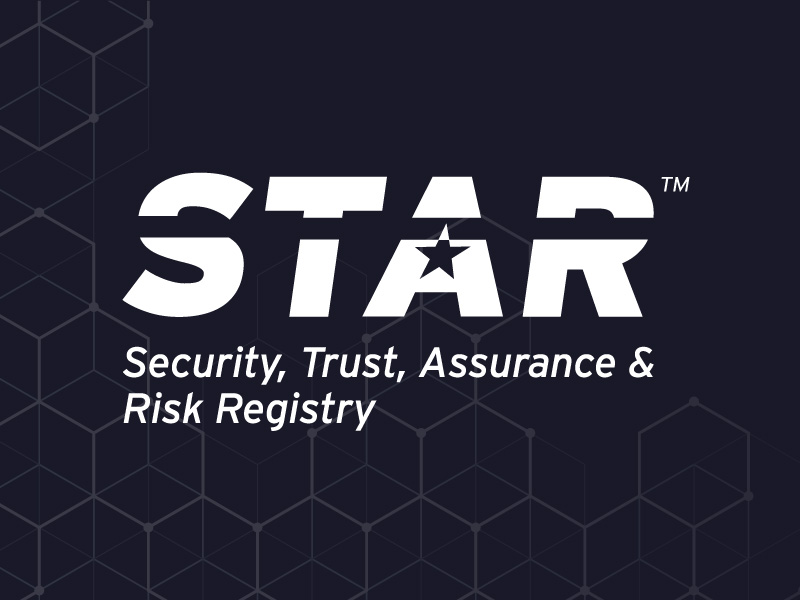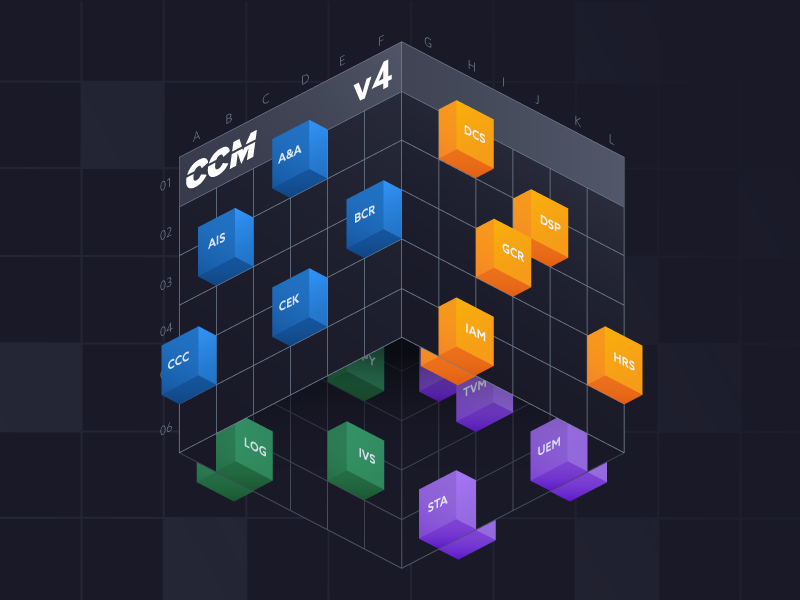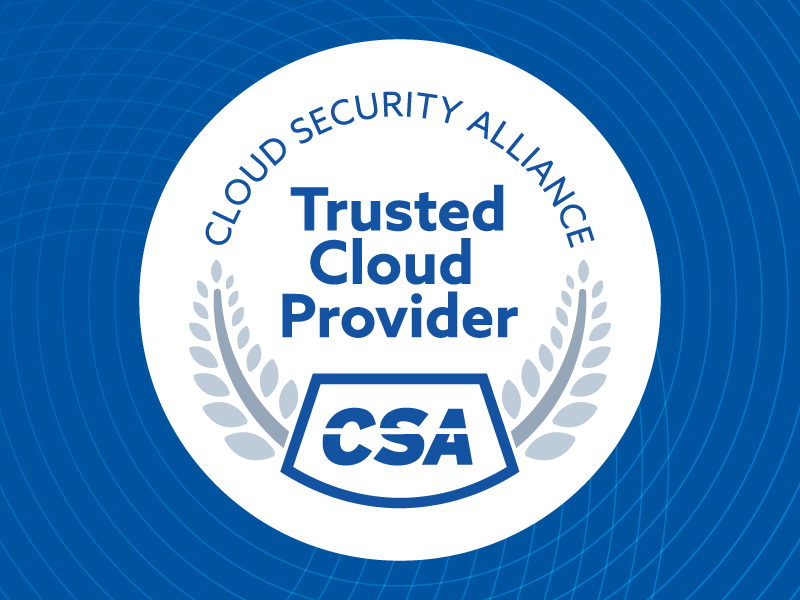What is a Virtual CISO (vCISO) and Should You Have One on Your Team?
Published 02/18/2025
Originally published by Vanta.
Most people know what a chief information security officer (CISO) is and how they’re essential to improving an organization’s security posture. The problem is that many organizations have limited hiring resources and it makes little sense to appoint an in-house CISO without tangible ROI.
A virtual CISO or vCISO becomes an excellent solution for organizations that need to enhance their security framework within resource constraints. In this guide, you’ll learn how vCISOs help you scale your security programs and achieve growth in a more flexible setting. We’ll cover the following:
- The vCISO position and its responsibilities.
- Differences between a CISO and a vCISO.
- Practical benefits of working with a vCISO.
- Signs you might need to hire a vCISO.
- Steps to find the right professional.
What is a vCISO?
A vCISO is a senior-level cybersecurity expert you can hire remotely and on demand while enjoying the range of skills and expertise of a full-time/in-house CISO. You can pay for their services based on various compensation formats, such as part-time, hourly, contractual, or as-needed basis.
This makes vCISO a fitting option for small and mid-sized organizations that need access to a security expert but are mindful of their budget.
The key responsibility of a vCISO is to offer your cybersecurity team unbiased guidance on the best practices for improving your security program and cybersecurity governance. They provide independent advice on your current security strategies and work with your team to implement new technology and processes using an industry-standard approach.
What do the day-to-day responsibilities of a vCISO look like?
Hiring a vCISO lets you outsource critical cybersecurity functions to fill internal skill gaps. Their day-to-day duties depend on the project they’re hired for—here are some typical contractual responsibilities:
- Implementation of cybersecurity frameworks: If you’re looking to adopt an established cybersecurity framework like Cyber Essentials or the NIST Cybersecurity Framework, a vCISO will add clarity to your processes.
- Coordinating incident responses: A vCISO not only helps detect security risks and threats but also develops and executes response plans to manage sudden incidents.
- Advising the GRC team: A vCISO provides security insights and guidance to GRC teams implementing security policies and procedures. In some instances, they also train your in-house teams.
- Overseeing security reviews: A big part of a vCISO’s daily duties is performing internal security reviews or assessing the security posture of third parties like vendors or partners. The vCISO may recommend controls and checks to map for future audits.
- Liaising with other teams: A vCISO works with your IT, legal, finance, procurement, and other teams to address various risk management and mitigation concerns.
While a full-time CISO can also perform these tasks, there are notable differences between the two roles.
CISO vs. vCISO: What’s the difference?
The most apparent difference between a CISO and a vCISO is the employment status. The former is a full-time employee who works exclusively for your organization (unless their employment contract says otherwise). A vCISO, on the other hand, is an independent third-party service provider who often works with several organizations simultaneously.
Other key differences between a CISO and a vCISO are:
- Resource investment: Hiring a vCISO can be more cost-effective than employing someone for a full-time role, especially if you only need their services for one-off projects or specific needs.
- Availability: Unlike a CISO, a vCISO isn’t always one person—it can be an agency with an entire team of experts, which ensures better availability of services for your team.
- Onboarding complexity: Most vCISOs can be deployed instantly because they already have all the necessary skills and understand the nuances of different organizations’ security postures. A CISO, being a long-term position, often requires elaborate onboarding.
Benefits of working with a vCISO
The nature of a vCISO’s work and engagement unlocks various benefits for small and mid-sized organizations, outlined in the following table:
| Benefit | What to expect |
|---|---|
| Access to advanced expertise | A typical vCISO is highly experienced and has worked in high-stakes positions throughout their career, which gives them diverse skills and knowledge. |
| Flexibility in management | Since you can hire a vCISO as needed, you save on fixed payroll costs and don’t have to worry about logistics like office space. |
| Compliance assistance | Most vCISOs can go beyond cybersecurity measures to advise your team on the compliance requirements for pursuing different certifications. |
| Easier ongoing monitoring | Your vCISO can provide a holistic overview of your technical and non-technical security controls in real time (compared to teams without a similar role). |
| Enhanced security culture | Appointing a vCISO helps you guide departments from basic cybersecurity toward organization-level security awareness. |
| Support during disruptions | If your organization's in-house CISO is unavailable or leaves suddenly, a vCISO can provide temporary support. |
5 signs hiring a vCISO may be right for you
If you’re unsure whether you need a vCISO, see if the following scenarios apply to your organization:
- Your in-house security expertise is limited.
- You want to mature your security program.
- You wish to upgrade your IT security team on a budget.
- You need a more objective perspective of your security posture.
- You’re struggling with navigating your compliance landscape.
Let’s explore the specifics of each scenario below.
1. Your in-house security expertise is limited
Due to the complexities of cybersecurity, the demand for in-house CISOs is high today, so it may be difficult to access the right full-time talent at all times. A vCISO can be an excellent alternative in this case because they are often more available.
2. You want to mature your security program
Upleveling your security program takes a lot of strategic work as well as time and resource investments to safeguard more devices, applications, and data. It seems fair to hire someone with the technical and leadership skills to bridge the gap between your current and desired security program without extensive investments.
3. You wish to upgrade your IT security team on a budget
Many organizations hire a vCISO because they want their growing security team to upskill with the help of new ideas from an industry leader.
If this is your case, you may want to hire a vCISO on a more ongoing basis—your in-house team can observe their approach to governance, risk management, and business continuity and develop a more pro-security culture internally.
4. You need a more objective perspective of your security posture
Internal teams often get caught up in the way your policies and procedures are set up. Sometimes, this can lead to decision-making biases and resistance to newer industry best practices.
A vCISO can provide an objective outsider perspective on your cybersecurity posture, helping your team realize the overarching goal behind adopting relevant changes and trends.
5. You’re struggling with navigating your compliance landscape
Security compliance is no easy feat, especially for growing organizations that constantly have to meet new revenue goals. With numerous controls, policies, and procedures to set up, it’s easy for smaller teams to experience compliance overwhelm.
Experienced vCISOs are typically experts who have helped various organizations ensure full compliance. They can make a huge difference to your team workloads by organizing compliance workflows and recommending software solutions to automate repetitive tasks.
How to find the right vCISO for your needs
vCISO may have different specializations, and not everyone will be the right fit for your organization. To find the best-suited expert, follow these steps:
- Define the scope of work: Decide whether you need a vCISO for specific projects/tasks or general security work. Outline your desired services to find the right skill match.
- Pinpoint the desired technical or industry expertise: A vCISO might niche down to serve specific sectors. While browsing your options, you may want to look for someone with extensive expertise in your desired field.
- Explore industry-suitable hiring sources: You can find a vCISO through professional networks, consultancies, job boards, and other channels. Don’t hesitate to ask peers in your industry to see how they found their best-performing professionals.
- Conduct interviews with scenario-based assessments: Simulating the scenarios where a vCISO should be helpful is an excellent way to understand their approach to security and test their suitability for your team.
- Finalize engagement terms and onboarding: When you find your vCISO, finalize the terms of engagement through a written contract that outlines key areas like service expectations and compensation.
Unlock Cloud Security Insights
Subscribe to our newsletter for the latest expert trends and updates
Related Articles:
OpenClaw Threat Model: MAESTRO Framework Analysis
Published: 02/20/2026
Token Sprawl in the Age of AI
Published: 02/18/2026
Breaking Down the SOC 2 Trust Services Criteria: Privacy
Published: 02/18/2026





.png)



